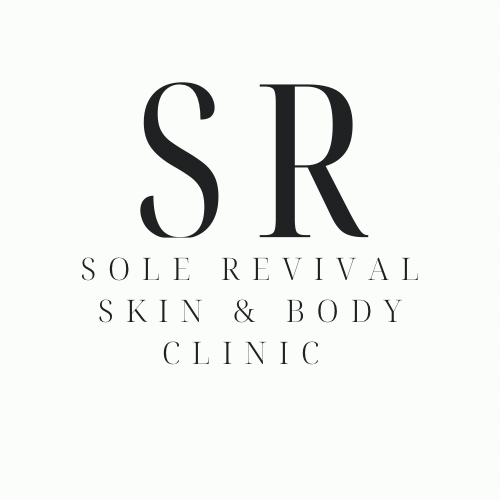HOW DO YOU REDUCE PIGMENTATION CAUSED BY SUN DAMAGE
WHY DOES PIGMENTATION HAPPEN?
Melanin, your skin’s brown pigment protects your skin from UV damage. It is made by the specialised pigment-producing cells called melanocytes and is then transferred to the surrounding skin cells.
Studies have shown that without UV rays, the number of melanocytes (pigment producing cells) decreases by 10-20% per decade.
Any skin exposed to UV radiation causes inflammation to the skin (even at low levels) which stimulates the melanocytes to increase in number and clump together. Plus these sun-exposed melanocytes seem to overproduce melanin. Mottled hyperpigmentation, ephelides (freckles), solar lentigines (sun spots/ age spots) and pigmented seborrheic keratoses (AKA senile warts!!) are the main pigmentation problems you get as you get older.
So whilst freckles and sun spots are cute when your younger and that odd little pigment spot on your cheekbone is kinda nice, believe me when it starts to get bigger and darker you are not going to find it quiet as cute. It’s better to take some measures now to decrease the problem. You can start with some simple products. Used daily the new cosmedical range of pigment reducing lotions are excellent, and will go a long way towards lightening and breaking up the pigmentation. This will result in you needing fewer laser or needling treatments to get rid of it completely.
So how can I get rid of them?
Getting rid of pigmentation is never quick, the best results come from using multiple depigmenting solutions together.
Left untreated, pigmentation caused by the sun will most likely persist indefinitely and will not go away on their own.
There are steps you can start taking now to minimise and prevent further damage. The following products have the strongest evidence for managing pigmentation:
Tyrosinase Inhibitors: Right now, the most effective depigmentation agents available are tyrosinase inhibitors. Tyrosinase is an essential enzyme for the formation of melanin by the melanocytes. The most potent tyrosinase inhibitor available is
Vitamin B3 (Niacinamide): It inhibits the transfer of melanin from melanocytes to surrounding skin cells. We have various products available with this ingredient
Vitamin A: Really good evidence exists for Vitamin A for pigmentation. It tends to increase cell turnover, and indirectly inhibit tyrosinase.
Vitamin C: Ascorbic acid seems to inhibit melanin production as well as preventing inflammation in the skin which limits the inflammatory pathway in overproduction of pigment. This is a great powerful antioxidant to help with your pigmentation.
Vitamin E (Alpha Tocopherol): Anti-inflammatory properties as well as indirectly inhibiting tyrosinase
Alpha Hydroxy Acids (AHAs): They are helpful in treating pigmentation by increasing cell turnover and studies show they inhibit tyrosinase.
Don’t forget that it is NEVER TOO LATE to start to prevent more pigmentation from happening.
A day cream offering broad-spectrum protection from UVA and UVB rays should be an must as part of everyday skin care.
References
https://www.ncbi.nlm.nih.gov/pubmed/15773537
https://jamanetwork.com/journals/jamadermatology/fullarticle/479104
https://jcs.biologists.org/content/121/24/3995
https://www.ncbi.nlm.nih.gov/pmc/articles/PMC2769151/ ***
https://www.aafp.org/afp/2009/0115/p109.html

